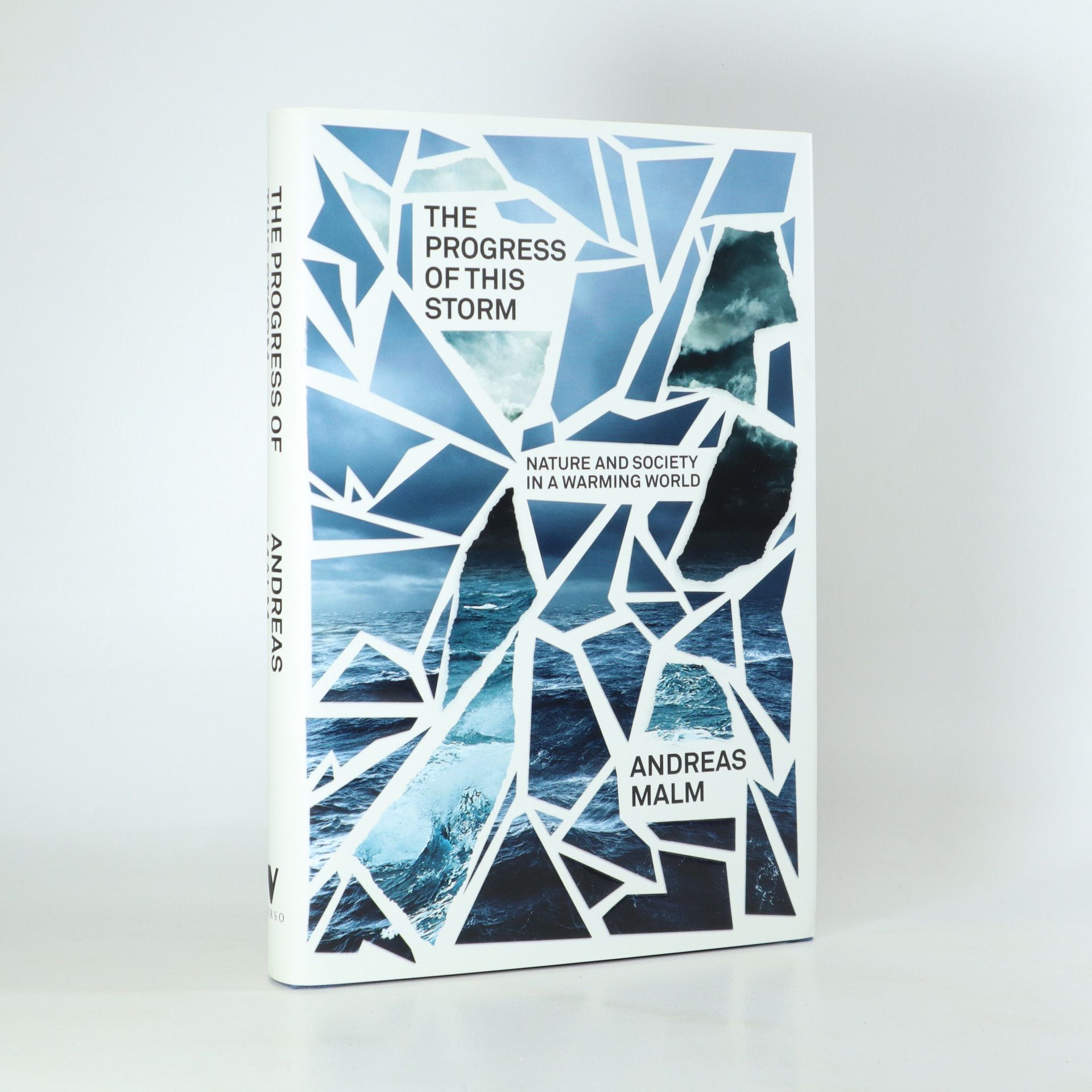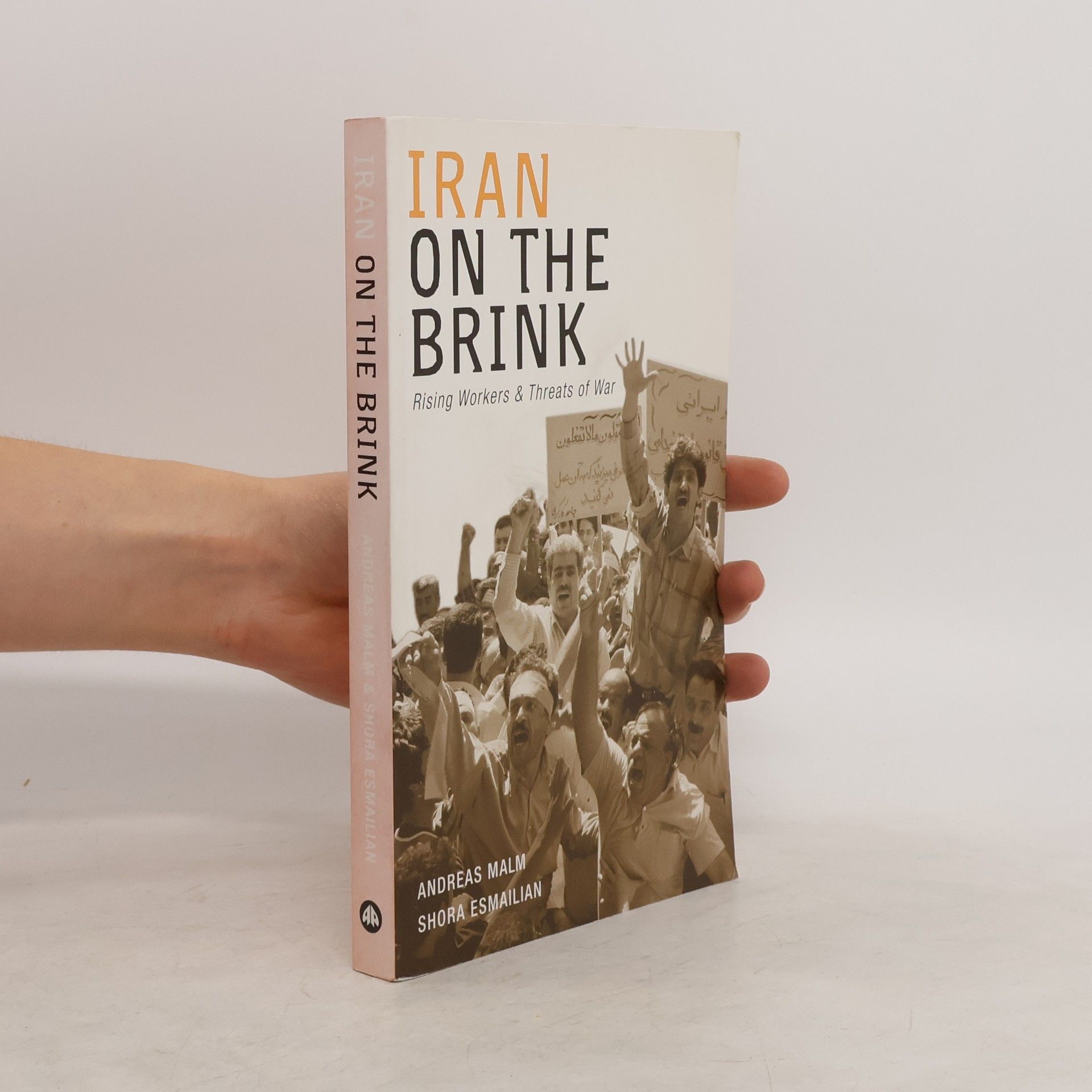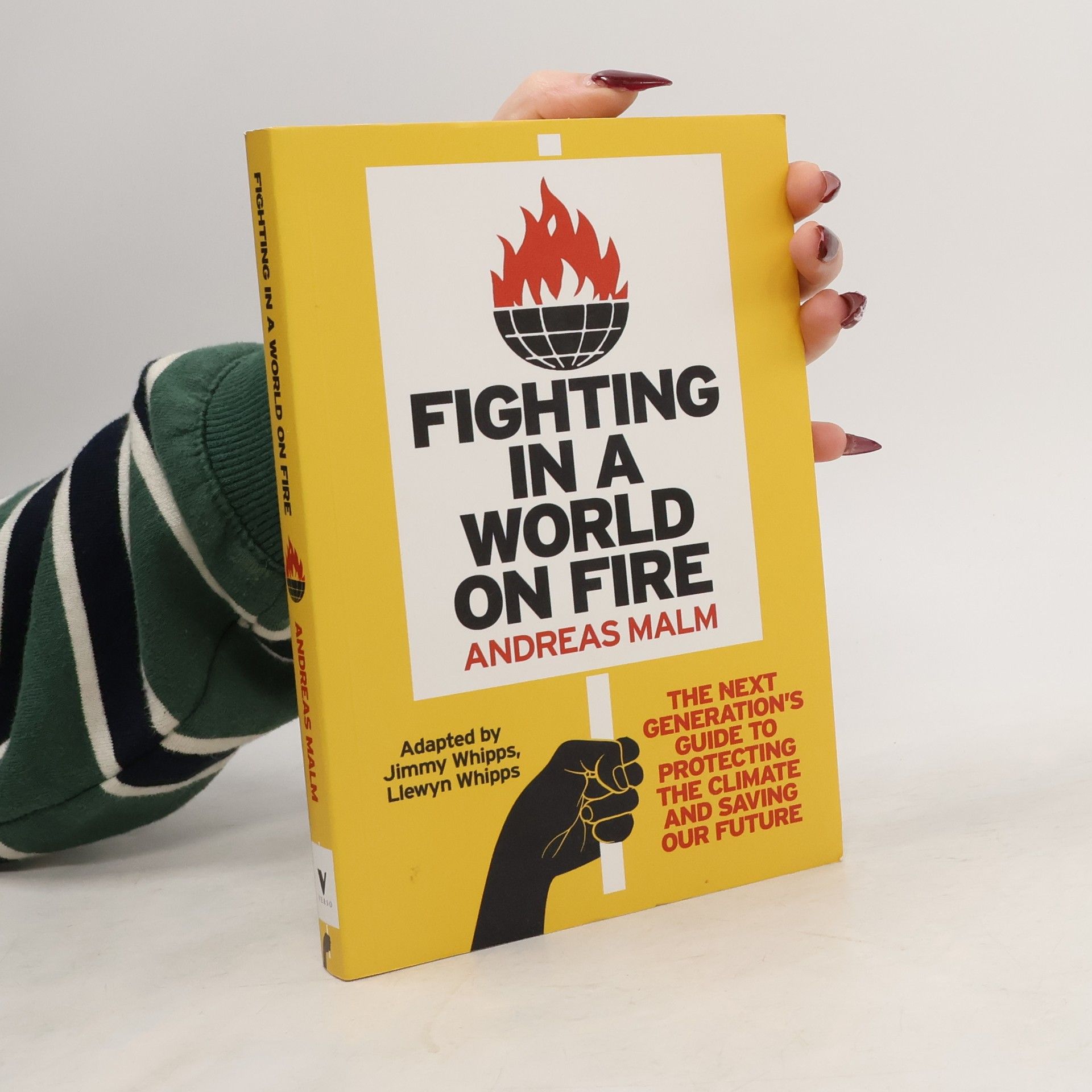"Overshoot" by Andreas Malm and Wim Carton examines the impending climate crisis as the world approaches 1.5 degrees of warming. The authors critique the acceptance of overshooting this limit, driven by fossil fuel profits and infrastructure investments. They challenge the notion of surrendering to this fate and emphasize the urgent need for action.
Andreas Malm Book order (chronological)
Andreas Malm is the author of Fossil Capital, which received the Isaac and Tamara Deutscher Memorial Prize. His work offers a critique of capitalism and its relationship with the environment. Malm's writings examine how economic systems contribute to climate change and ecological crises, advocating for radical solutions. He focuses on the historical roots of environmental issues and the necessity of systemic transformation.






Fighting in a World on Fire
- 272 pages
- 10 hours of reading
An argument for bold action to halt climate destruction, adapted for young people from Andreas Malm's best-selling book by an experienced educator.
Der Fortschritt dieses Sturms
Natur und Gesellschaft in einer sich erwärmenden Welt
In diesem glühend polemischen, analytisch versierten und mit Fakten gesättigten Buch entwickelt Andreas Malm ein bestechendes Argument: In einer sich erwärmenden Welt ist es wichtiger denn je, zwischen dem Natürlichen und dem Sozialen zu unterscheiden. Nur durch die spezifisch menschliche Handlungsfähigkeit wird Widerstand möglich und Veränderung denkbar. Aus vielerlei Perspektiven werden die Veränderungen des Klimas und die Erwärmung der Erde analysiert. Angesichts der Dürren und Ernteausfälle, der Überschwemmungskatastrophen und Stürme ungeahnten Ausmaßes, all der realen Auswirkungen, die die Erderwärmung heute schon zeitigt, erscheinen diese Konzepte jedoch nichtig. Für Andreas Malm ist die Klimabewegung der Maßstab, an dem sich Theorie künftig wird messen lassen müssen. Er ruft auf zum klaren Benennen der Gegner und ihrer politischen Verstrickungen, denn der Handlungsträger der Erderwärmung ist allein der Mensch.
How to Blow Up a Pipeline
- 208 pages
- 8 hours of reading
The science on climate change has been clear for a very long time now. Yet despite decades of appeals, mass street protests, petition campaigns, and peaceful demonstrations, we are still facing a booming fossil fuel industry, rising seas, rising emission levels, and a rising temperature. With the stakes so high, why haven’t we moved beyond peaceful protest?In this lyrical manifesto, noted climate scholar (and saboteur of SUV tires and coal mines) Andreas Malm makes an impassioned call for the climate movement to escalate its tactics in the face of ecological collapse. We need, he argues, to force fossil fuel extraction to stop—with our actions, with our bodies, and by defusing and destroying its tools. We need, in short, to start blowing up some oil pipelines.Offering a counter-history of how mass popular change has occurred, from the democratic revolutions overthrowing dictators to the movement against apartheid and for women’s suffrage, Malm argues that the strategic acceptance of property destruction and violence has been the only route for revolutionary change. In a braided narrative that moves from the forests of Germany and the streets of London to the deserts of Iraq, Malm offers us an incisive discussion of the politics and ethics of pacifism and violence, democracy and social change, strategy and tactics, and a movement compelled by both the heart and the mind. Here is how we fight in a world on fire.
Wie man eine Pipeline in die Luft jagt
Kämpfen lernen in einer Welt in Flammen
Nach der Krise ist vor der Krise ist in der Krise. In seinem hellsichtigen Essay, geschrieben in Berlin in den Wochen des Lockdown, der nicht nur Deutschland im Frühjahr 2020 zu einem abrupten Stillstand zwang, wirft der Klimaaktivist und Humanökologe Andreas Malm die entscheidenden Fragen Wie war es möglich, dass die Staaten des globalen Nordens angesichts der COVID-19-Pandemie so effektiv und entschlossen handelten – und im Hinblick auf die Erderwärmung immer noch nichts tun? Woher kommt die Sehnsucht nach einer Rückkehr zum Normalzustand, der längst schon keiner mehr ist? Und welche Schlüsse lassen sich aus der Kriegsrhetorik, in der über die Pandemie gesprochen wurde, für den Kampf gegen den eigentlichen Krankheitserreger ziehen? Jenem Krankheitserreger, der in Corona nur eine seiner Formen fand, die Es gilt, der Zeit der Untätigkeit in Anbetracht des globalen Feindes namens Klimakrise ein entschlossenes Ende zu bereiten.
Corona, Climate, Chronic Emergency
- 224 pages
- 8 hours of reading
What does the CO-VID 19 tell us about the climate breakdown, and what should we do about it?
The Progress of This Storm
- 256 pages
- 9 hours of reading
An attack on the idea that nature and society are impossible to distinguish from each other In a world careening towards climate chaos, nature is dead. It can no longer be separated from society. Everything is a blur of hybrids, where humans possess no exceptional agency to set them apart from dead matter. But is it really so? In this blistering polemic and theoretical manifesto, Andreas Malm develops a counterargument: in a warming world, nature comes roaring back, and it is more important than ever to distinguish between the natural and the social. Only with a unique agency attributed to humans can resistance become conceivable.
Fossil Capital
- 496 pages
- 18 hours of reading
A sweeping study of how capitalism first promoted fossil fuels with the rise of steam power—and contributed to the worsening climate crisis The more we know about the catastrophic implications of climate change, the more fossil fuels we burn. How did we end up in this mess? In this masterful new history, Andreas Malm claims it all began in Britain with the rise of steam power. But why did manufacturers turn from traditional sources of power, notably water mills, to an engine fired by coal? Contrary to established views, steam offered neither cheaper nor more abundant energy—but rather superior control of subordinate labor. Animated by fossil fuels, capital could concentrate production at the most profitable sites and during the most convenient hours, as it continues to do today. Sweeping from nineteenth-century Manchester to the emissions explosion in China, from the original triumph of coal to the stalled shift to renewables, this study hones in on the burning heart of capital and demonstrates, in unprecedented depth, that turning down the heat will mean a radical overthrow of the current economic order. “The definitive deep history on how our economic system created the climate crisis. Superb, essential reading from one of the most original thinkers on the subject.” —Naomi Klein, author of This Changes Everything and The Shock Doctrine
Iran on the Brink
- 288 pages
- 11 hours of reading
An insider's account of Iran's people, its politics, and the threat of invasion číst celé
